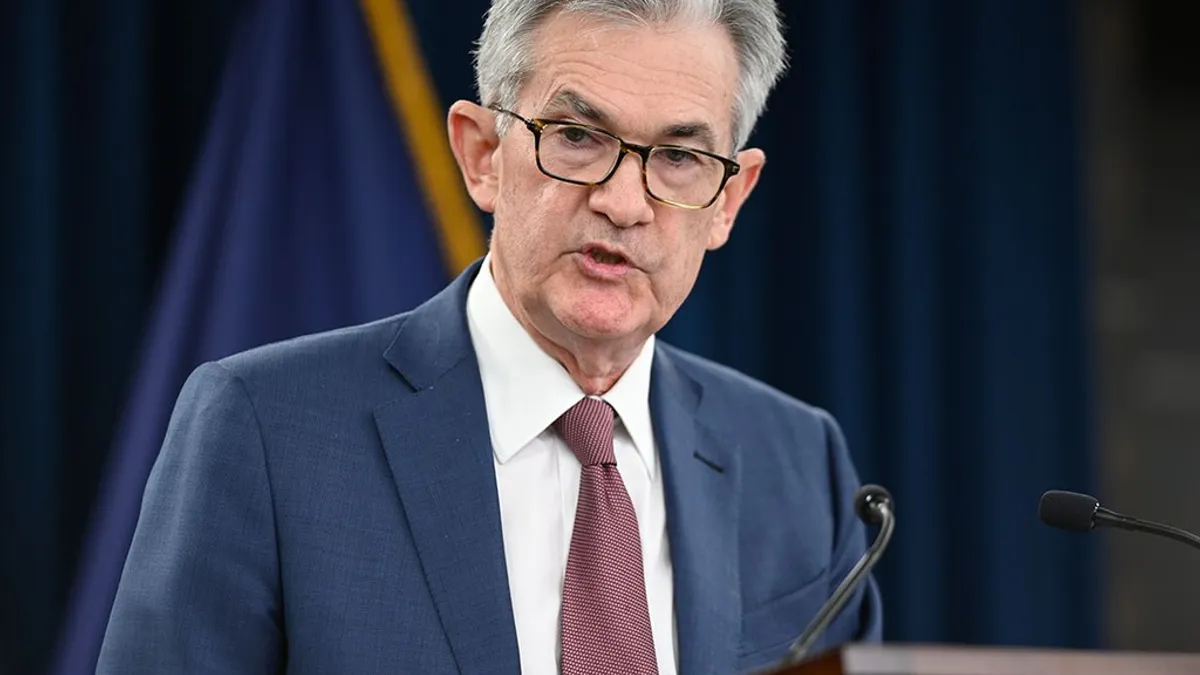The countless environmental, social and governance (ESG) reporting systems can make the disclosure process time-consuming, duplicative and confusing. Companies should centralize ESG oversight into a single function, Evan Williams, capital markets competitiveness director for the U.S. Chamber of Commerce, said.
"This prevents internal splintering between different standards and [gives] companies one unified message on ESG," Williams said.
Public company CFOs are increasingly grappling with how to measure and report their company's performance against ESG standards because of the importance investors and other stakeholders are placing on performance beyond profitability.
The trend comes against the backdrop of social and other movements, including Black Lives Matter, #MeToo and climate action, which are driving a rise in activist investors demanding corporate accountability.
Internal team
CFOs are finding the most reporting success by creating an internal team to handle ESG inquiries. Ideally, it should be led by investor relations in collaboration with operations, finance and human resources, says Amy Rojik, director and founder of the Center for Corporate Governance and Financial Reporting at assurance, tax and advisory firm BDO USA.
"This group should be responsible for determining the right information to provide based on availability, materiality to the business, depth and integrity of relevant data, level of priority within the organization and legal considerations, among other factors," Rojik said.
If necessary, outside advisors could supplement the effort, she said.
Going through the exercises can encourage a meaningful dialogue about resource prioritization and process improvement within the business related to ESG efforts, she added.
There are many ESG rating services, each one gathering information differently. Some compile publicly available data to put together their composites, while others send specific questionnaires to companies.
Investors and proxy advisors, on the other hand, typically send out "Dear CEO" letters requesting materials on enhanced climate change commitments, specific inquiries, and industry comparisons, in addition to gathering information from the public domain. Many operations use guidelines issued by the Sustainable Accounting Standards Board as a starting point.
"These standards are formed along industry lines, and include a handful of relatively common industry metrics that may be most relevant for the organization in question, taking into account the E, S and G elements," Rojik said. "For instance, rating agencies and investors tend to define, weight, compile and publicize information differently—and all of these elements [can] impact key stakeholder perception."
Providing ESG disclosures that are meaningful to investment decisions by ensuring the information is financially material, consistent within the company as well as in comparison to industry peers to the extent possible, and linked to long-term value creation, is key.
Looking forward, she expects to see a significant number of U.S. businesses mention SASB and other globally accepted ESG reporting standards in their voluntary disclosures, websites and company ESG reports.
It's hard to imagine an international standard becoming 'de facto' in the U.S., Williams said.
However, there are some standards U.S. businesses are expected to follow closely, he said. These include ESG reporting standards approved earlier this year by the United Kingdom and embraced by the Financial Stability Board's Task Force on Climate-Related Financial Disclosures. Those are scheduled to take effect in 2025. There's also a European Union regulation that establishes a sustainable investment framework that the European Parliament adopted earlier this year.
The U.K. standards will probably not become the de facto US standards, but will guide the development of reporting frameworks like SASB, Anne Sheehan, former director of corporate governance for the California State Teachers' Retirement System (CalSTRS) said.
"I think convergence of some international standards with SASB and TCFD," says Sheehan, who was a member of the Securities and Exchange Commission Investor Advisory Committee until recently.
Mandatory ESG disclosures are almost certainly coming in the U.S. with a Democratic majority on tap to direct the SEC, says Sheehan.
SEC involvement
The vast majority of SEC rulemaking for years has been done on a party-line vote and the two sitting Democratic commissioners, Allison Herren-Lee and Caroline Crenshaw, have repeatedly and emphatically stated there's a need for ESG disclosure requirements.
Additionally, Democratic senators criticized Republican SEC Chairman Jay Clayton in his final appearance before the Senate Banking Committee last week for his failure to get the SEC to require ESG disclosures.
Sen. Elizabeth Warren, D-MA, criticized Clayton's inaction amid the climate crisis' worsening impact on companies and investors.
But a CFO can't put a rule with a compliance deadline on a calendar. It would take years for SEC staff to develop a disclosure proposal and then for the commission to put out the proposal for public comment. A final version would easily go into 2022, if not years longer.
ESG as opportunity
Long-time corporate governance activist Nell Minow says the first thing CFOs need to do on this issue is stop thinking of ESG disclosures as burdens.
"ESG reporting is more than cost-effective, because it gives executives and board members information that can help them much more effectively develop strategy and manage risk," Minow said. "The sooner CFOs think of ESG as an enhancement to the other data they collect and assign, the easier it will be to assign values and weights to ESG information."





















